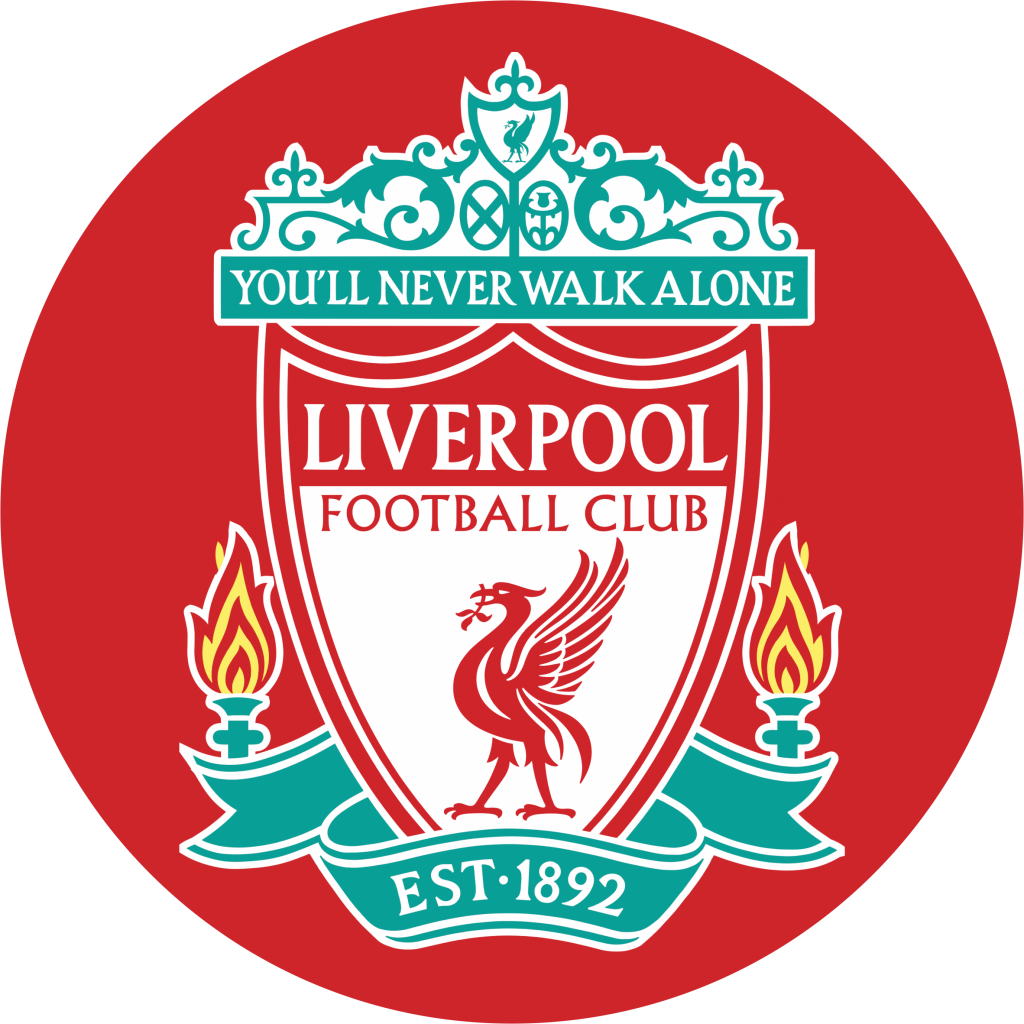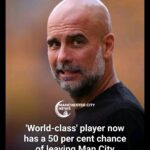Darwin Núñez Transfer Saga: A Comprehensive Analysis

The football transfer market has always been a theater of dreams, ambitions, and strategic maneuvering, where clubs vie for the signatures of the world’s most coveted talents. In this ever-evolving landscape, few stories capture the imagination quite like the ongoing speculation surrounding Darwin Núñez, Liverpool’s Uruguayan striker whose future has become the subject of intense scrutiny and international interest. As the transfer windows open and close with predictable regularity, certain narratives emerge that transcend mere speculation, evolving into sagas that define careers, reshape club strategies, and influence the broader dynamics of world football.
The case of Darwin Núñez represents precisely such a narrative—a complex web of sporting ambition, financial considerations, geographical preferences, and cultural dynamics that extends far beyond the simple mechanics of player acquisition. What began as routine transfer speculation has metamorphosed into a multifaceted story that illuminates the modern game’s most pressing themes: the growing influence of Saudi Arabian football, the strategic calculations of European giants, and the personal aspirations of elite athletes caught between competing visions of their professional future.
The initial threads of this transfer tapestry were woven through reports linking Núñez with Napoli, the newly crowned Serie A champions whose triumph represented one of the most compelling storylines in recent Italian football history. The connection between the Uruguayan forward and the Neapolitan club was never merely coincidental; it represented a convergence of sporting logic and strategic opportunity that made perfect sense within the broader context of European football’s competitive landscape.
Napoli’s interest in Núñez emerged from their need to reinforce their attacking options following their historic championship victory, a triumph that not only ended their decades-long wait for the Scudetto but also positioned them as genuine contenders on the continental stage. The club’s sporting directors understood that maintaining such elevated standards would require continued investment in world-class talent, and Núñez’s profile—combining physicality, pace, and proven goal-scoring ability—aligned perfectly with their tactical requirements and ambitions.
The Serie A champions’ pursuit of the Liverpool striker reflected broader trends within Italian football, where clubs have increasingly looked beyond traditional European markets to identify talent capable of competing at the highest levels. Núñez’s potential arrival would have represented more than a simple transfer; it would have symbolized Napoli’s commitment to building upon their championship success and establishing themselves as a permanent fixture among Europe’s elite clubs.
However, the Napoli connection also highlighted the complex dynamics that govern modern transfer negotiations. While the sporting fit appeared logical, the financial realities of such a move presented significant challenges. Liverpool’s valuation of their striker, combined with the player’s wage expectations and the various intermediary costs associated with such high-profile transfers, created obstacles that even a club of Napoli’s newfound prominence struggled to overcome.
The Italian dimension of this story also reflected the broader appeal of Serie A as a destination for South American players, a tradition that stretches back decades and has seen some of the continent’s greatest talents flourish in Italian football. From Diego Maradona’s legendary tenure with Napoli itself to more recent successes like Lautaro Martínez at Inter Milan, the league has consistently provided a platform for South American forwards to showcase their abilities on one of world football’s grandest stages.
While European connections dominated early speculation, the most persistent and ultimately most significant thread in the Núñez transfer narrative has been the sustained interest from Saudi Arabian football, specifically from Al-Hilal, one of the kingdom’s most successful and ambitious clubs. This interest cannot be understood in isolation; it represents part of a broader transformation that has seen Saudi Arabia emerge as an unprecedented force in the global football transfer market.
The Saudi Pro League’s aggressive pursuit of world-class talent has fundamentally altered the dynamics of international football transfers, creating new centers of power and influence that challenge traditional European dominance. The kingdom’s substantial financial resources, combined with a clear strategic vision for developing domestic football while raising the league’s international profile, have enabled clubs like Al-Hilal to compete directly with Europe’s most prestigious institutions for the signatures of elite players.
Al-Hilal’s interest in Núñez exemplifies this broader strategy perfectly. The club, which has already established itself as a regional powerhouse with multiple Asian Champions League victories, represents the vanguard of Saudi football’s international ambitions. Their pursuit of the Uruguayan striker reflects not just sporting considerations but also strategic objectives related to global visibility, commercial development, and the broader Vision 2030 initiative that seeks to position Saudi Arabia as a major player in international sports and entertainment.
The sustained nature of Al-Hilal’s interest in Núñez has been particularly noteworthy, demonstrating a level of persistence and strategic planning that reflects the club’s serious commitment to acquiring world-class talent. Unlike opportunistic approaches that characterize many transfer pursuits, Al-Hilal’s courtship of the Liverpool striker has exhibited the characteristics of a carefully orchestrated campaign designed to ultimately secure their target regardless of competing interests or obstacles.
This persistence has been facilitated by the club’s ability to offer financial packages that dwarf those available elsewhere, including traditional European powerhouses. The economic realities of Saudi football, supported by substantial state and private investment, have created conditions where clubs can present proposals that transcend conventional market dynamics, offering players financial security that extends far beyond typical contract terms.
The Saudi dimension of this story also reflects broader geopolitical and cultural shifts that extend beyond football itself. The kingdom’s investment in sports, including football, Formula 1, golf, and other high-profile competitions, represents a comprehensive strategy for international engagement and soft power projection that positions sports as vehicles for broader diplomatic and cultural objectives.
Central to understanding the complexity of Núñez’s situation has been the reported preference for remaining within European football, a factor that has added significant nuance to transfer negotiations and highlighted the multifaceted considerations that influence modern player decision-making. This preference, while not uncommon among established European-based players, reflects deeper considerations about career development, sporting ambitions, and personal circumstances that extend far beyond immediate financial considerations.
The appeal of European football for a player of Núñez’s caliber operates on multiple levels, each contributing to a comprehensive picture of why maintaining continental connections might be preferable to exploring opportunities in emerging markets like Saudi Arabia. From a purely sporting perspective, European leagues continue to represent the pinnacle of competitive football, offering platforms for players to test themselves against the world’s best talent while competing for the sport’s most prestigious trophies.
The Champions League, in particular, remains European football’s crown jewel, providing players with opportunities to showcase their abilities on football’s grandest stage while competing for honors that carry unparalleled prestige within the global football community. For a striker of Núñez’s ambitions, the prospect of scoring goals in Europe’s premier competition, potentially leading his team to continental glory, represents an appeal that transcends financial considerations alone.
European football also offers advantages related to international visibility and career development that remain difficult to replicate elsewhere. The continent’s established media infrastructure, global broadcasting reach, and deep-rooted football culture create conditions where outstanding performances receive maximum exposure, potentially enhancing players’ international reputations and creating opportunities for future career advancement.
The reported preference for European football also reflects considerations related to playing style and tactical development. European leagues, with their diverse tactical approaches and varying competitive demands, provide environments where technical players can continue developing different aspects of their game while adapting to evolving tactical trends that influence football at the highest levels.
Personal and family considerations undoubtedly play significant roles in such preferences as well. European football’s geographical proximity to South America, established South American communities within major European cities, and cultural familiarity built through decades of player migration create environments where Latin American players can more easily maintain connections to their roots while pursuing professional ambitions.
The situation reached a critical juncture with reports from local journalist Hamad Al-Suwailihi, representing Saudi outlet Al-Riyadiya, indicating that Al-Hilal had submitted an official offer to Liverpool for Núñez’s services. This development represented a significant escalation in the transfer saga, transforming speculation and informal interest into concrete negotiations with potentially binding implications for all parties involved.
The timing of this official approach reflected strategic calculation on Al-Hilal’s part, coming at a moment when Liverpool might be most receptive to considering offers for the striker. Football clubs operate within complex financial ecosystems where player sales can provide crucial resources for squad reinvestment, debt management, and general operational sustainability. Al-Hilal’s decision to formalize their interest suggested confidence that market conditions had aligned favorably for their pursuit.
The journalist’s report, emerging from Al-Riyadiya, carried particular significance given the outlet’s established track record of following Al-Hilal’s transfer activities with notable accuracy and insider access. This credibility lent additional weight to the claim, suggesting that the official offer represented a genuine development rather than speculative reporting or strategic positioning.
The nature of official offers in modern football transfers involves complex legal and financial structures that extend far beyond simple monetary considerations. Such proposals typically encompass multiple components including transfer fees, payment structures, performance-related bonuses, sell-on clauses, and various other mechanisms designed to align the interests of all parties while managing financial risks and uncertainties.
Al-Hilal’s decision to submit an official offer also represented a calculated risk, as such formal approaches require significant resource commitments and create expectations that can influence future negotiations. The club’s willingness to take this step suggested confidence in their financial package’s competitiveness and their ability to ultimately convince both Liverpool and Núñez of the merits of a Saudi Arabian move.
The official nature of the approach also created new dynamics within the broader transfer narrative, potentially forcing other interested parties to accelerate their own decision-making processes or risk losing their opportunity to acquire the striker’s services. This strategic pressure has become increasingly common in modern transfer markets, where clubs use formal offers to create urgency and limit competitors’ maneuvering room.
From Liverpool’s perspective, the emergence of an official offer for Núñez created complex strategic considerations that extended far beyond simple financial calculations. The club’s approach to such situations reflects broader philosophical and practical considerations about squad management, financial sustainability, and competitive positioning that have characterized their recent transfer strategies under current ownership and management structures.
Liverpool’s investment in Núñez represented a significant financial commitment that was predicated on specific expectations about the striker’s contribution to team performance and commercial value. Any decision regarding his potential departure would need to be evaluated against these original projections while considering current squad needs, tactical requirements, and broader strategic objectives for upcoming seasons.
The financial implications of a potential sale would be substantial, potentially providing resources for squad reinvestment while also representing the loss of a significant asset whose value might continue appreciating under favorable circumstances. Liverpool’s recent history suggests a pragmatic approach to such decisions, where sporting and financial considerations are carefully balanced to optimize long-term competitiveness and sustainability.
The club’s evaluation process would also need to consider broader squad dynamics and tactical implications. Núñez’s departure would create immediate needs for replacement options while potentially affecting team chemistry and tactical flexibility that have been developed around his specific attributes and playing style.
Liverpool’s global commercial strategy might also factor into such considerations, as the retention or sale of high-profile international players can influence marketing opportunities, merchandise sales, and broadcasting value in key international markets. The club’s established presence in various global markets creates additional layers of complexity around decisions involving internationally recognized talents.
The Núñez transfer saga illuminates broader transformations occurring within global football that extend far beyond individual player movements or club strategies. The emergence of Saudi Arabian football as a major force in international transfer markets represents part of a fundamental shift in the sport’s power dynamics that challenges traditional European dominance while creating new opportunities and complexities for players, clubs, and other stakeholders.
This evolution reflects broader economic and geopolitical trends that are reshaping various aspects of international sports and entertainment. The willingness and ability of emerging markets to invest substantially in established sports properties creates competitive pressures that benefit athletes while potentially disrupting established systems and hierarchies that have governed sports for decades.
The implications of these changes extend beyond immediate transfer considerations to encompass questions about competitive balance, sporting integrity, and the long-term sustainability of various approaches to professional sports development. The Saudi model, characterized by substantial state and private investment combined with ambitious strategic objectives, represents one approach to rapid sports development that other emerging markets might seek to emulate or adapt.
For players like Núñez, these evolving dynamics create unprecedented opportunities while also presenting complex decisions about career development, sporting ambitions, and personal preferences that previous generations of footballers never faced. The availability of competitive financial packages outside traditional football powerhouses fundamentally alters the decision-making calculus that governs career choices at the highest levels of the sport.
As the Darwin Núñez transfer saga continues to unfold, it serves as a compelling case study in the evolving dynamics of elite football transfers, highlighting the complex interplay of sporting, financial, cultural, and personal factors that influence modern player movements. The story encompasses themes that extend far beyond individual career decisions to illuminate broader trends that are reshaping the global football landscape.
The sustained interest from Al-Hilal, combined with Núñez’s reported preference for European football and the various other factors at play, creates a narrative that encapsulates the tensions and opportunities inherent in contemporary football’s globalized marketplace. The ultimate resolution of this saga will likely provide insights into how these competing forces might be reconciled in future high-profile transfer situations
Regardless of the eventual outcome, the Núñez case demonstrates how modern football transfers have evolved into complex negotiations that encompass far more than simple sporting considerations, reflecting broader changes in global sports, economics, and cultural dynamics that continue to reshape how elite athletes navigate their professional careers in an increasingly interconnected but competitive world.















